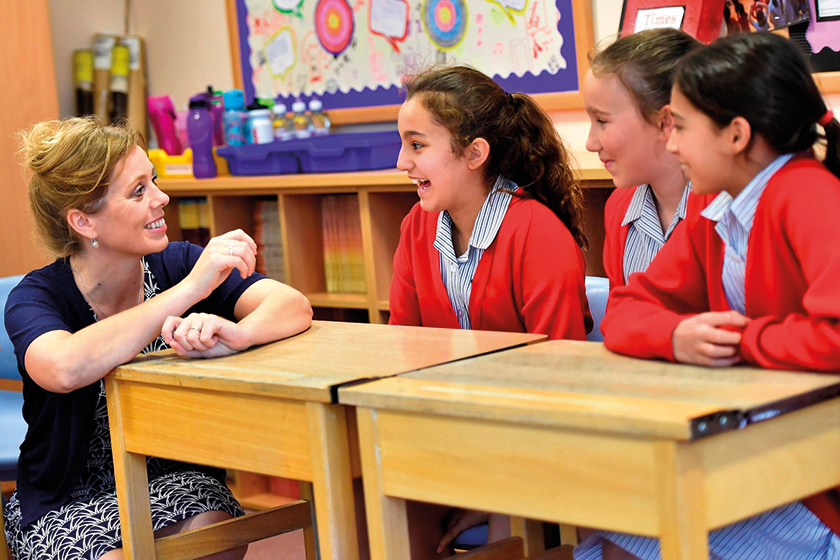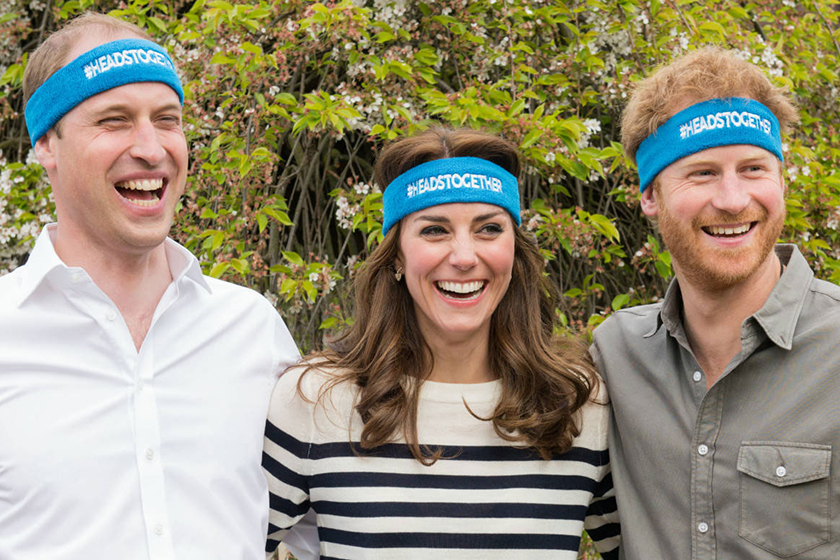
- HOME
- EDUCATION
What is Mental Health First Aid?
From June 2017, secondary school teachers will be offered mental health training
By | 7 years ago
The UK is the first country to roll out mental health first aid training in every secondary school, but what does it entail?

What is mental health first aid?
Mental Health First Aid is a training program that teaches members of the public how to help a person developing a mental health problem or experiencing a worsening of an existing mental health problem.
The program was developed by the charity Mental Health First Aid. It guides participants in identifying, understanding and helping someone who may be experiencing a mental health issue.
The introduction of mental health first aid into schools follows on from the government’s pledge in the Queen’s Speech to improve mental health services in the country.
Who will receive training?
The programme was first announced by the prime minister in January and has now received £200,000 government funding.
Why introduce mental health first aid?
Jeremy Hunt, the health secretary, says the funding is the result of calls from teachers for better training.
‘Teachers already provide outstanding pastoral care and support for their pupils,’ Hunt said. ‘But many have said that they would appreciate more training on how to understand and respond to mental health issues.’
‘One in ten school-aged children will have a mental health condition at any time, with half of all mental health conditions beginning before the age of 14. Early intervention and support vital.’
Justine Greening, the education secretary, claims the programme will give teachers ‘more confidence in tackling mental health issues.’
What the teachers say
‘It’s clearly a step in the right direction,’ says Deirdre Rowe, associate headteacher of Ampleforth College of Jeremy Hunt’s announcement today on Mental Health First Aid.
‘We have a development plan at Ampleforth which continually looks at how to improve all aspects of school life including health and wellbeing. Pupils are involved in working groups on a number of projects and this year, we worked with the deputy head boy and girl to develop a wellbeing policy. This will form a key part of the induction programme for new students in September and demonstrates the important part pupils play in shaping the life of our school community.’
Earlier this year, Pinewood School head Philip Hoyland said in an article on pastoral care, ‘It is encouraging to witness Anthony Seldon’s drive towards introducing MHFA (Mental Health First-Aid) in schools, as well as Theresa May’s focus on such provisions.’
Mental health charities and schools working together
Place2Be
Place2Be, which counts the Duchess of Cambridge as its royal patron, provides emotional and therapeutic services in primary and secondary schools. The charity seeks to build children’s resilience through talking, creative work and play and currently works with 282 schools. One of the participating schools, Dulwich Prep, Cranbrook, recently opened two therapy rooms and introduced an in-house team dedicated to the mental wellbeing of its pupils.
Young Minds
Young Minds would like to see a ‘whole school approach’ to mental health issues. The charity runs a selection of courses in schools to help them develop frameworks to support children going through adversity. Lucie Russell, director of campaigns and media, explains: ‘We need to build resilience in young people. Not just through PSHE lessons or individual counselling but involving everyone in the school with an emphasis on the most vulnerable.
‘Everyone has to understand they have a role to play in building resilience of young people in the school,’ she says. ‘A piecemeal solution isn’t enough.’
The charity’s Heads Together campaign, spearheaded by the The Duke and Duchess of Cambridge and Prince Harry’s, is currently working to change the national conversation on mental health.
Mindfulness in Schools Project
The practice of mindfulness is catching on as schools introduce .b as a tool for coping with stress. Tonbridge housemaster Richard Burnett, Chris Cullen a former Hampton School teacher and Charterhouse master Chris O’Neill pioneered the practice in schools in Britain. They then co-founded the Mindfulness in Schools Project (MiSP) in 2007 in collaboration with world-renowned academics. Although originating in Buddhist meditative techniques, the practice is used as a tool to boost mental welfare.
The Mindfulness in Schools Project’ founders aimed to design a course that would resonate with adolescents. The programme is known as .b (dot-B, shorthand for ‘stop and breathe’) based on the principles of mindfulness-based Cognitive Therapy. It is the kernel of an eight-week classroom course, which the schools have taught to all of their 14 and 15 year olds since 2010.




